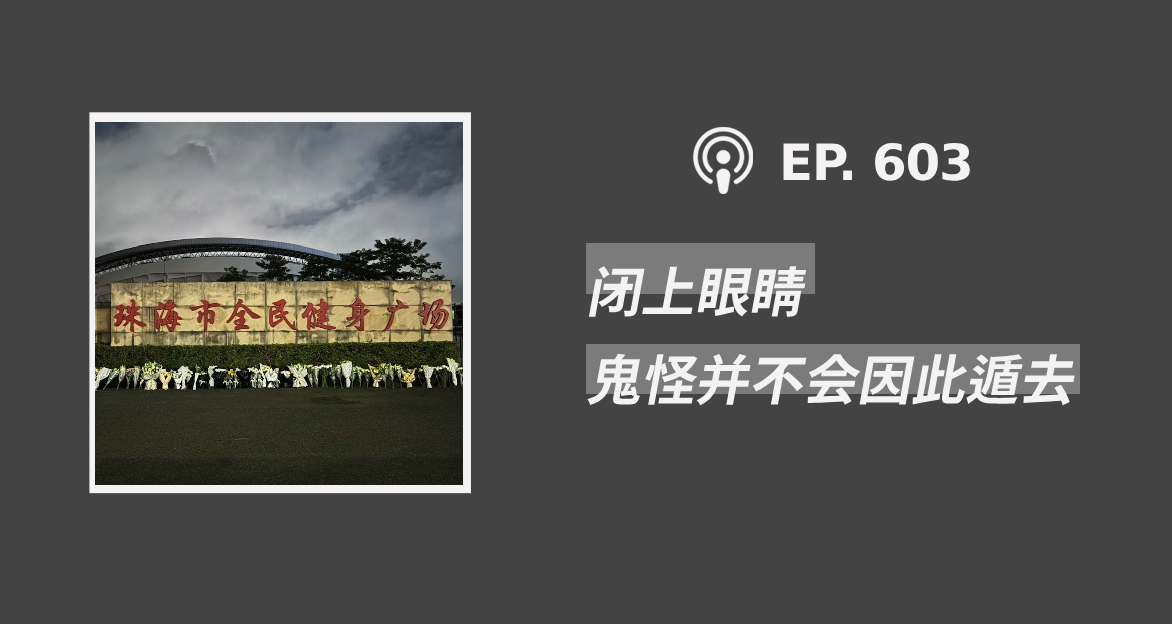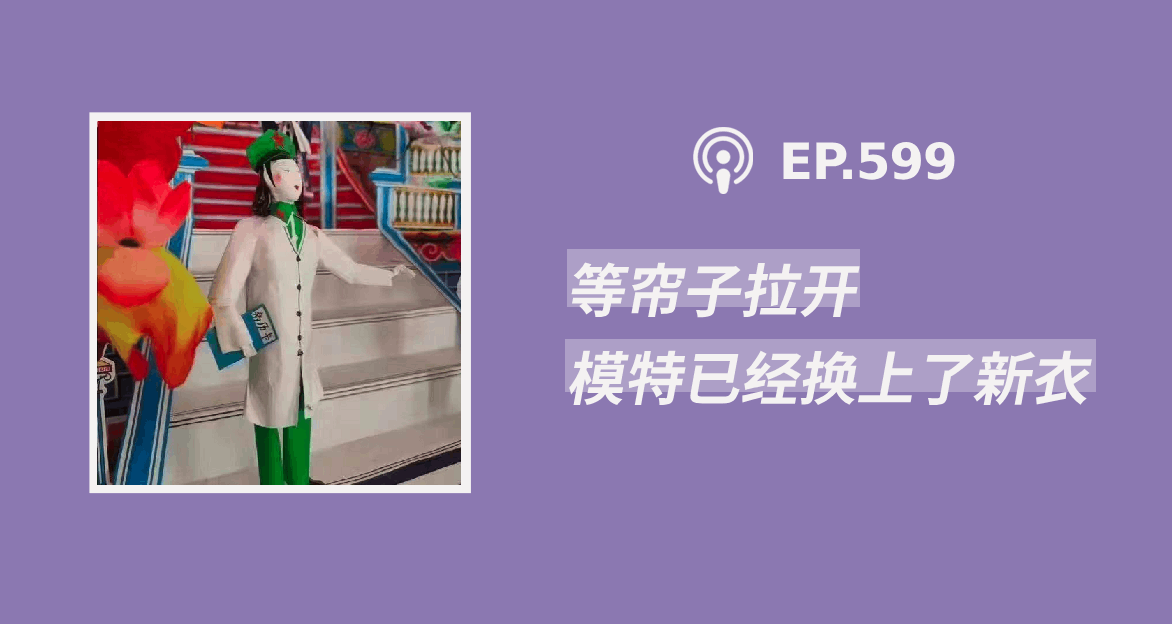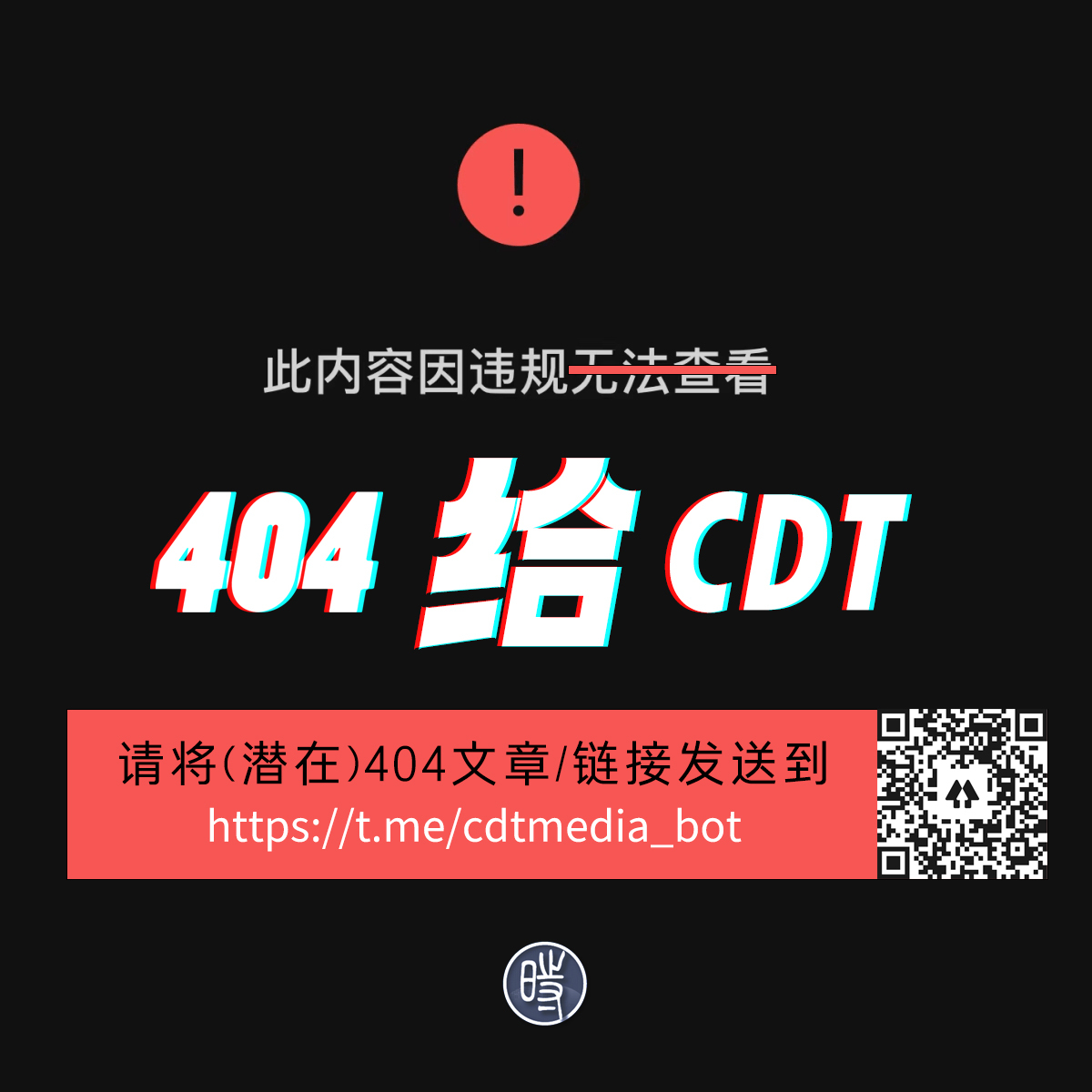http://www.guardian.co.uk/world/2011/aug/30/china-crackdown-internet-critics
China calls for crackdown on ‘toxic' internet rumours
Xinhua news agency article is latest
state media report warning about danger of harmful information spread via
microblogs
- Tania Branigan
in Beijing and Reuters - guardian.co.uk,
Tuesday 30 August 2011 17.07 BST
China's official news agency has
called for a crackdown on the spread of “toxic rumours” on the internet, in the latest sign
of the government’s desire to rein in the country’s rumbustious and
fast-growing microblogs.
“Concocting rumours is itself a social malady, and the
spread of rumours across the internet presents a massive social threat,”
Xinhua said.
It is the latest in a series of state media reports about
the dangers of information spread via microblogs. A leading official also
warned of the need to “strengthen administration” on a recent visit
to Sina, which runs the hugely popular Weibo service, China's domestic rival to
Twitter. The firm last week suspended user accounts for spreading rumours.
China has a vast and complex censorship system, but
microblogs have played an increasing role in spreading news, developing public
debate and uncovering scandals.
Although sensitive posts are deleted and search terms
blocked, information often spreads faster than monitors can remove it. Users shared
outrage at the way officials handled June’s high-speed train crash in Wenzhou and spread the
news of a mass protest in Dalian.
“Through microblogs, local news becomes national
news,” said Hu Yong, an expert on Chinese social media.
“When something happens, even in a remote region, news
can very quickly spread … Before, the government could effectively control the
spread of information.
“Secondly, Weibo is very inclusive. It draws all the
social classes. It is not only intellectuals but also the middle class, the
underclass and even officials.”
He suggested that the Xinhua piece and similar articles
were “a kind of warning, not only to service providers, but to general
users”. Many users feared Wenzhou was a high watermark for the service.
Users appeared remarkably free to criticise officials for incompetence and
accuse them of corruption and cover-up. Crucial footage and accounts from the
scene were shared millions of times before censors stepped in.
The concern for officials is not just sensitive content but
mass appeal. Sina says its service has 200 million registered users. Its rival
Tencent said in April that it had 160 million and expected that to rise to as many
as 300 million by the end of the year. “The rapid advance of this flood
[of internet users] has also brought 'mud and sand' – the spread of rumours –
and to nurture a healthy internet, we must thoroughly eradicate the soil in
which rumours grow,” said the Xinhua article. It would “demand
stronger internet administration from the responsible agencies, raising the
intensity of attacks on rumours”, it said.
One Weibo user wrote that many people would welcome a
genuine attempt to quash lies, but feared it was “a pretext to cleanse
so-called rumours and ban the people from telling the truth”.
Another suggested: “To staunch the spread of rumours,
have the central leaders face up to their history, have Xinhua end bogus news,
have the National Bureau of Statistics end fake data [sic].”
Censors face a dilemma. While officials want to continue to
control the flow of news, the services are now so popular that closing them
would cause uproar.
More likely, think analysts, is increased monitoring and a
stricter response to sensitive content, as Sina’s month-long suspension of two
accounts may suggest.
“There are of course, many rumours on microblogs, but
rumours flourish in China partly because of the low level of trust in both
official and commercial media,” said Jeremy Goldkorn, founder of
Danwei.com, which follows Chinese media.
“It's hard not to see the current campaign as both an
attempt to cool down public discussion on the internet, and to provide a
framework to discredit news that is broken only on the internet without any
approval from state or state-approved media outlets.”
The Communist party secretary of Beijing, Liu Qi, warned
that internet sites “must actively explore strengthening administration
and resolutely blocking the spread of false and harmful information” when
he visited Sina's offices this month.
According to the Wall Street Journal, citing a person
present at the meetings, Liu “also said he hoped more of the discussion on
Weibo would focus on the beauty of traditional Chinese culture”.
本文由自动聚合程序取自网络,内容和观点不代表数字时代立场










